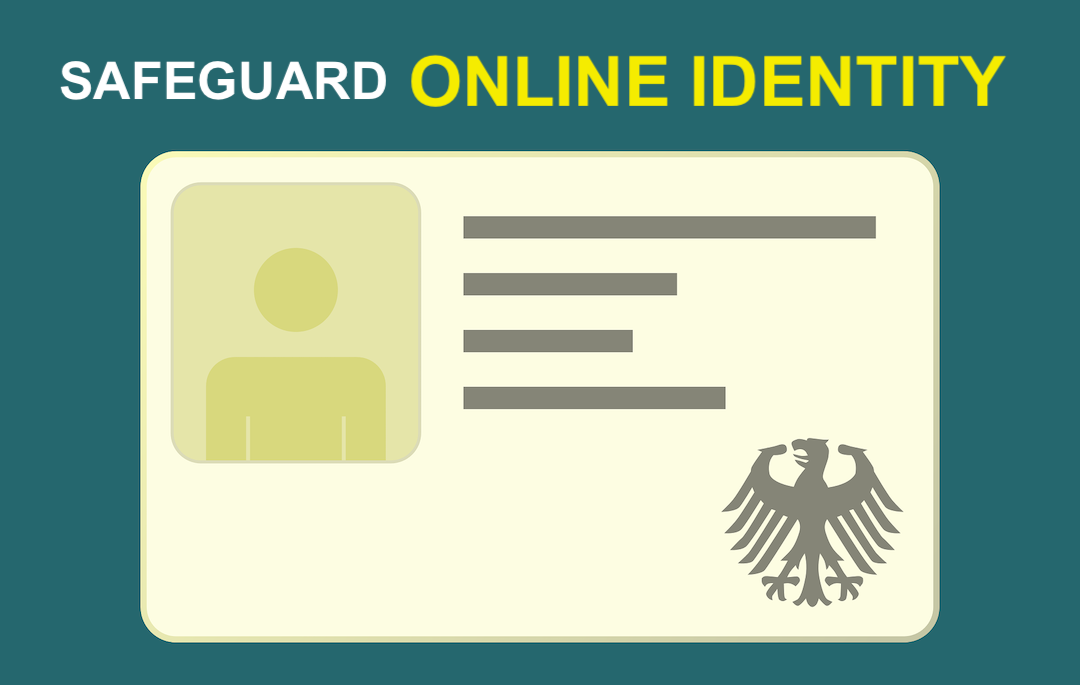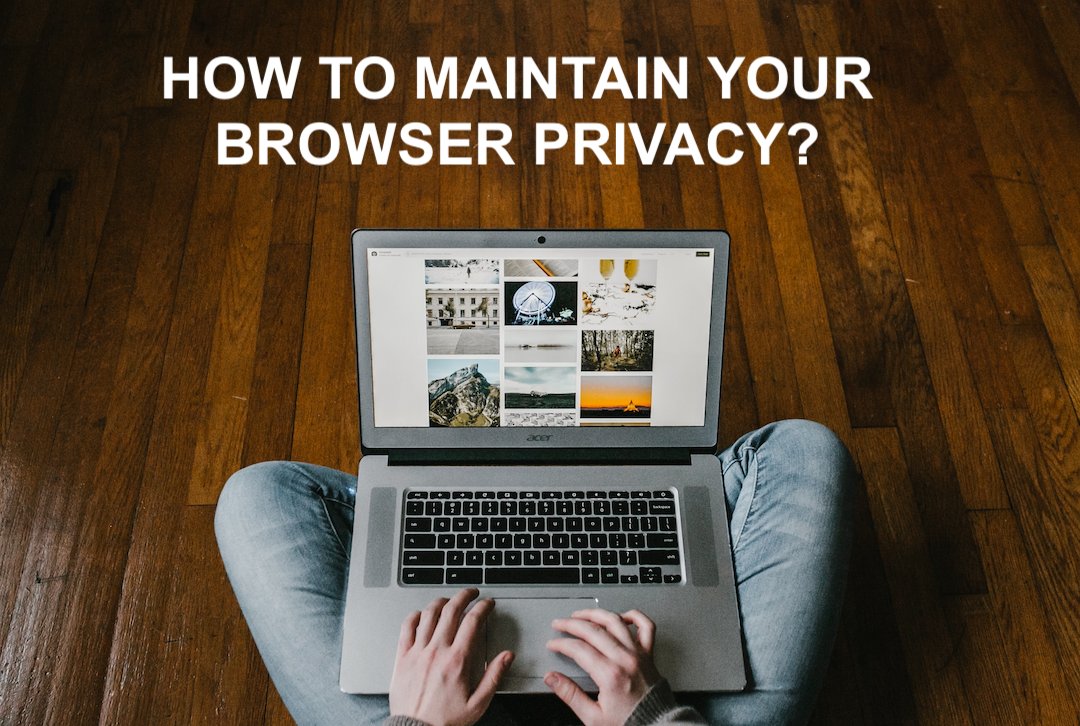
Strong customer connections and business success are intimately tied to the quality of communication. The evolution of technology, particularly at its current swift pace, foretells a new era for recording calls—a metamorphosis that's set to redefine corporate-customer interactions. In times gone by, scrutinizing recorded calls was a norm, yet one fraught with inefficiency and high demand for human labor. Now, with the ascension of cutting-edge technology and artificial intelligence (AI), the importance of call recording is increasing exponentially.








